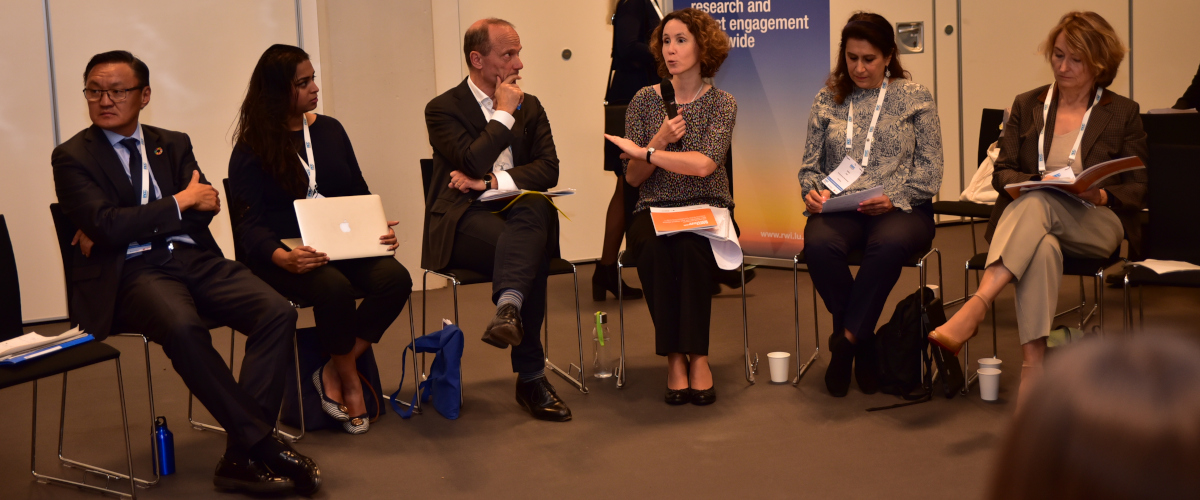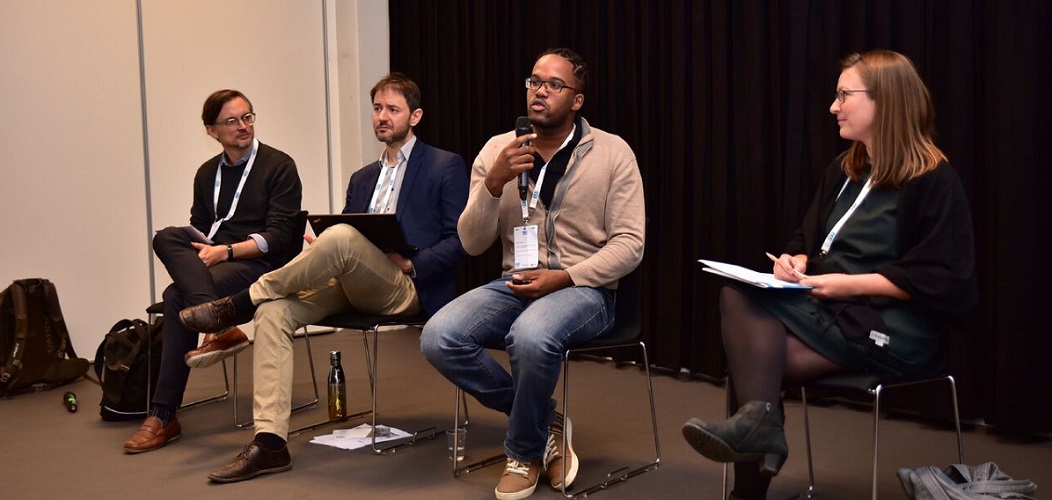
High-level human rights experts have called for the establishment of a special rapporteur for human rights and corruption.
Appointed by the United Nations Human Rights Council (UNHRC), special rapporteurs are independent experts tasked to monitor and report on the human rights situation through either a country mandate or thematic mandate. As special rapporteurs, they can receive information on allegations of violations in specific countries from different groups or individuals. Once received, they are expected to send communications to a country to seek clarification and action. They can also send letters to governments to seek information about developments, forward observations, and submit recommendations on how to improve their human rights records. The experts argued that the special rapporteur would lead to action around the hitherto neglected nexus of human rights and corruption.
While agreeing that human rights and corruption are directly and indirectly linked to each other, the experts from Raoul Wellenberg Institute, Office of the High Commissioner for Human Rights, United Nations Human Rights Committee, UNCAC Coalition, Transparency International, and International State Crime Initiative said that the normative and evaluative frameworks outlined under international human rights instruments are not frequently used to assess anti-corruption practices and policies.
The comments were made during a panel on “Using International Human Rights to Address Corruption: Proposals for a Mutually Beneficial Approach” at the 18th International Anti-Corruption Conference in Copenhagen, Denmark.
Elaine Ryan, senior analyst on human rights and anti-corruption at Raoul Wallenberg Institute, highlighted research that her institute recently conducted on the nexus between anti-corruption and human rights. She emphasised that anti-corruption bodies and experts would benefit a lot if they could apply human rights mechanisms of UN human rights bodies, special procedures, regional human rights mechanisms, or national human rights institutions in their work. Among other things, this would facilitate a broader participation of non-state actors and more systemic and in-depth examinations by human rights mechanisms of corrupt acts wherever they happen, particularly state review and monitoring mechanisms.
How corruption affects the enjoyment of human rights and how respect for human and democratic rights is instrumental to fight corruption are critical issues discussed for many years now. However, in practice, they were not reinforcing each other. Yet, the interest to explore the nexus between human rights and corruption, and specifically the “human rights approach to anti-corruption” among relevant actors has increased in recent times.
“There was no interest and engagement in these issues. Now the mood has changed. It is a very different world that we are playing into. It is a world that has witnessed a global financial crisis, Panama leaks, bank scandals and many other things,” said Morten Kjaerum, Director of the Raoul Wallenberg Institute of Human Rights and Humanitarian Law and adjunct Professor at Aalborg University.
“There is totally different alertness and awareness today. This is where we believe that human rights can play into fertilising and strengthening some of the movements against corruption in different parts of the world,” he added.
Similarly, other panelists emphasised that the nexus between human rights and corruption would change the performances of key sectors like the judiciary, business, education, and gender equality.
In addition to calling for the establishment of a special rapporteur for human rights and corruption, the experts also recommended that human rights and anti-corruption communities work closer together and connect all the elements of a human-rights approach to anti-corruption.
They also recommended the application of strategic litigation, the need to integrate education on human rights and corruption, the practice of human rights-friendly business and strong movements to make corruption-free society a legally enforceable right in the near future.


